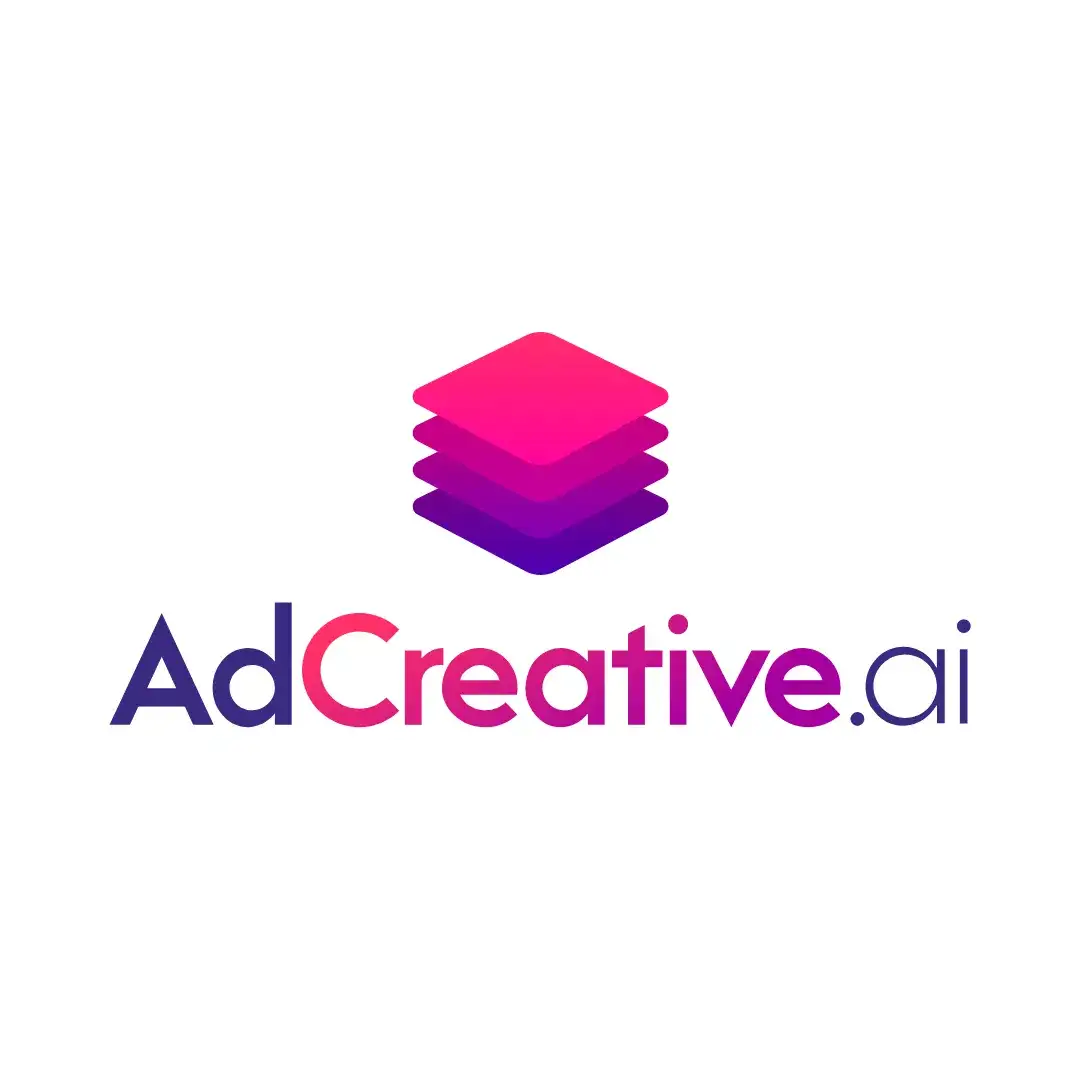Atria Review: AI-driven marketing intelligence for smarter decision-making
Atria is an AI-powered marketing analytics platform built to help businesses transform data into actionable growth insights. Designed for modern marketing teams, agencies, and founders, Atria serves as a central hub for analyzing performance across channels, predicting outcomes, and making data-backed strategic decisions. As marketing becomes increasingly complex and fragmented, Atria aims to simplify the process — turning raw data into clear, AI-driven recommendations that enhance performance and efficiency.
Ease of use and user experience
Atria offers a sleek, intuitive interface that makes complex analytics accessible to everyone — from data-driven strategists to creative marketers. The onboarding process is smooth: users can easily connect ad platforms, CRMs, and analytics tools to consolidate data into one dashboard. The workspace is structured logically, with clear sections for campaign analysis, audience insights, predictive forecasts, and performance tracking.
Its AI assistant guides users through reports and insights in plain language, translating data into practical next steps. This conversational layer is one of Atria’s biggest strengths, allowing users to interact with their marketing data naturally — no advanced data skills required.
AI-powered insights and optimization
At the core of Atria lies its predictive intelligence engine. It doesn’t just summarize metrics — it interprets them. The AI continuously analyzes campaign data across channels to identify trends, anomalies, and optimization opportunities.
What sets Atria apart is its ability to forecast outcomes: it can predict how changes in targeting, budget allocation, or creatives might impact future performance. These forecasts help marketers act proactively, not reactively, to improve ROI.
Over time, Atria’s machine learning adapts to each brand’s unique patterns, delivering more tailored insights that align with specific goals and audience behaviors.
Integrations and workflow compatibility
Atria seamlessly integrates with a wide range of marketing and analytics platforms — from Google Ads, Meta, and LinkedIn to HubSpot, Shopify, and GA4. The platform’s open API and native integrations make it easy to unify fragmented data sources, giving teams a complete picture of their marketing ecosystem.
For agencies and larger organizations, Atria supports collaborative workspaces with role-based permissions and shared dashboards. Reports can be automatically generated and distributed, ensuring stakeholders stay aligned without manual reporting.
Use cases and performance impact
Atria is built for data-driven marketing teams that want to go beyond surface-level reporting.
For CMOs and marketing leads, it acts as a decision-support system, surfacing actionable insights that guide budget planning and campaign prioritization.
For performance marketers, it highlights underperforming channels, suggests reallocations, and predicts potential ROI changes.
For agencies, it provides a scalable analytics backbone, automating reporting and enhancing client transparency.
Users often report improved marketing efficiency, reduced wasted ad spend, and faster decision cycles after adopting Atria. Its predictive recommendations enable marketers to identify growth opportunities weeks before they’re visible through standard analytics tools.
Pricing and value
Atria offers tiered pricing based on data volume, integrations, and number of active users. Entry-level plans cater to startups and small teams, while advanced enterprise plans unlock deeper forecasting models, API access, and dedicated support.
Given its ability to save countless hours of manual analysis and uncover data-backed growth paths, Atria’s value proposition often outweighs its cost — particularly for teams handling multi-channel campaigns. A free trial or demo is typically available, allowing users to experience the platform’s core features before committing.
Limitations and areas for improvement
While Atria delivers robust analytics, some users in highly niche sectors may need to customize dashboards manually to capture industry-specific metrics. Data-heavy setups might also experience initial setup complexity when integrating multiple tools. Additionally, while its forecasting engine is strong, marketers still need to interpret AI suggestions within broader strategic contexts — it’s a powerful advisor, not a full autopilot.
Bottom line
Atria redefines marketing intelligence by bridging the gap between analytics and action. Its AI-powered insights transform scattered data into clear, predictive guidance — empowering teams to make faster, smarter, and more confident decisions. While it still benefits from human oversight, Atria eliminates much of the guesswork that slows modern marketing down. For teams seeking a next-generation analytics platform that truly understands performance, Atria stands out as a forward-thinking solution built for the AI era.











